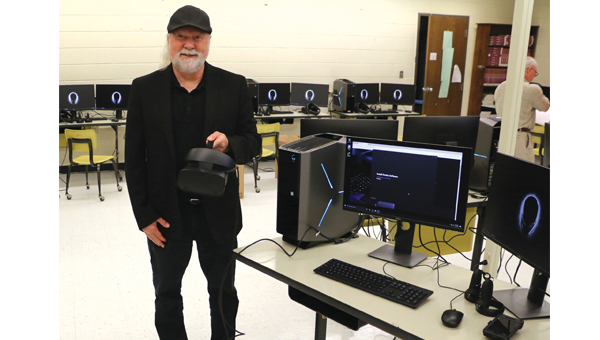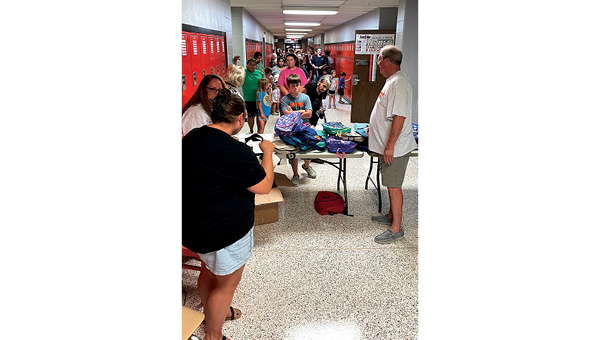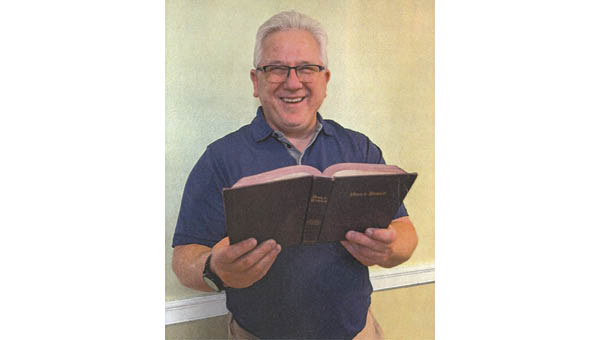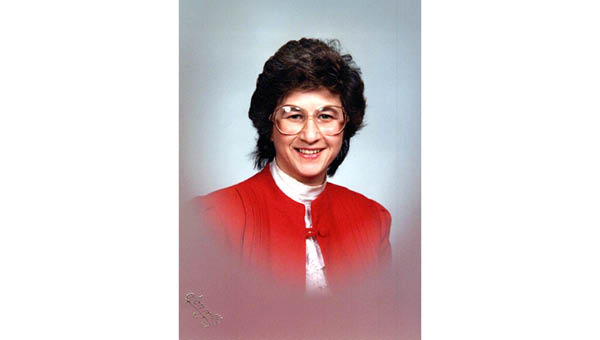Opening new doors… Virtual reality lab puts EHS leaps ahead in the technology world
Published 7:57 am Thursday, August 1, 2019

- Star Photo/Ivan Sanders Vince Jordan, CEO of Lobaki from Jackson, Mississippi, stand in front of one of the VR lab stations that he was installing at the school on Wednesday. Jordan has a VR handset in his hand. Elizabethton High School will be one of only a few places throughout the country to have the technology to educate their students.
BY IVAN SANDERS
STAR STAFF
ivan.sanders@elizabethton.com
Trending
When school resumes on August 8, returning Elizabethton High School students will be walking into one of the few high schools in the country with technology that will open new doors into the field of Virtual Reality.
Thanks in part to a grant from the XQ project, Elizabethton High School was in the final stages of having a VR lab installed on Wednesday with training scheduled today for teachers in preparation for utilizing the latest in technology.
“We have developed a Virtual Reality Academy and a VR lab that we are putting in K-12 schools, community colleges and universities around Mississippi,” said Vince Jordan, the CEO of Lobaki from Jackson, Miss.
“This is the first one out of state in Tennessee so we are really excited about doing this.”
Jordan went on to explain the lab will serve a couple of purposes for the school.
“It’s really a dual-use lab,” Jordan stated. “One use for the lab is teaching young people how to become virtual reality developers that is a growing market and growing industry across the country and there are not nearly enough developers out there.
Trending
“So this is giving them a leap forward in having access to the industry.
“Also, the lab is for teachers to be able to bring students in and supplement what they are doing in a lesson plan with VR experience,” Jordan continued.
“There are about 150 VR experiences out there right now that apply to History, Science, Art, and Music so this lab can be used both those ways to introduce these young people to the latest technology.”
According to Jordan, the newest addition to the high school is one of a handful of labs that are scattered throughout the country to help prepare students for a unique technology experience.
“This is not happening in very many places around the country at all. The ones we have done — this will be number eight for us and we will have 17 by the end of the summer,” commented Jordan.
“In the rest of the country that I know of there are maybe ten with most of them being in community colleges or universities so it’s amazingly unique for a high school like this to have a setup like this. This is the top-end virtual reality setup.”
The process for developing virtual reality is not so much centered around computer programming as it is more a form of digital art that encompasses several phases.
“When you develop a virtual reality experience, it’s actually more like making a film than it is strict computer programming,” Jordan said. “There is some computer programming involved but a lot of it is using these very elaborate platforms.
“You do set design, character design, animation, lighting, sound, and you storyboard the thing out before you start developing it. You learn some really unique skills as it is a very creative process. It is more digital art than it is computer science if you will.”
With virtual reality being an ever-growing industry, Jordan sees that not only the students will be the ones to benefit but the community, as well as a significant potential industry, could come to fruition locally with the training the high school students will be receiving.
“I think what it means for the students and the community in establishing a VR center here is the industry is growing so fast and the adoption rate of VR in the automobile industry and industrial training is happening all over the place,” Jordan stated.
“Wal-Mart is training a million employees in virtual reality this year with 17,500 headsets. UPS is training in VR, Volkswagen is training in VR so you look at all these industry leaders who are adopting this technology, they are looking for where the talent is going to come from.
“All of a sudden we have put Elizabethton, Tennessee on the map with VR technology,” continued Jordan. “This should be exciting for the community because it’s like throwing a flag up going hey future talent is there.”
Jordan began Lobaki in 2017 after being a tech guy for decades. He got his first experience in virtual reality with NASA in 1987 at which time he admitted it was horrible but knew it was going to be great and has been excellent according to Jordan.
According to Alex Campbell, who was overseeing the installation of the lab for the high school, the cost might sound significantly high, but not when you look from different sides of the spectrum.
“We went to the school board and got this approved to be used with funding provided from the XQ project,” stated Campbell. “I know $70,000 sounds like a lot of money but when you take a look at what we spend on textbooks, it’s only about a fifth of the cost.”
With the dividends that are expected to come from having the lab, Campbell went on to say that it will be money well invested.
“We are working on internships for our students — 15 paid, 15 unpaid a year so they can actually get paid once they have these skills,” Campbell said. “Very few people are trained so even our kids in high school can make money with VR.
“The starting pay for introductory workers in VR is $70K a year so the draw is that you wouldn’t have to move somewhere like San Francisco where you would be homeless to do this type of work,” Campbell continued.
“You could stay here and work and send them the work through the internet. This way, our students can have high-paying tech jobs without moving.”






